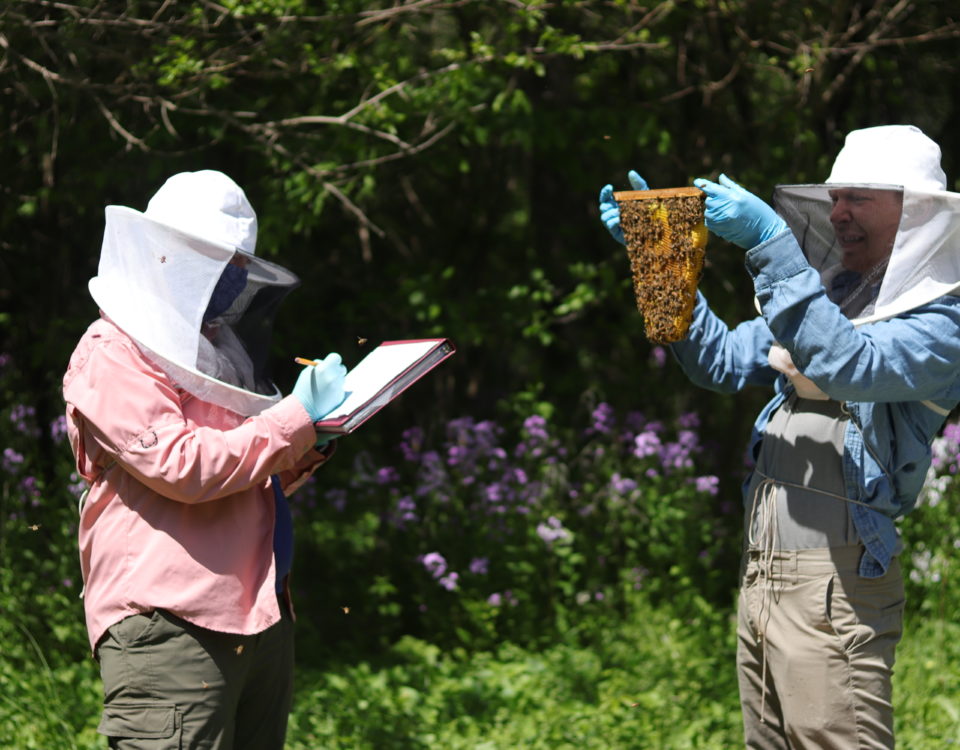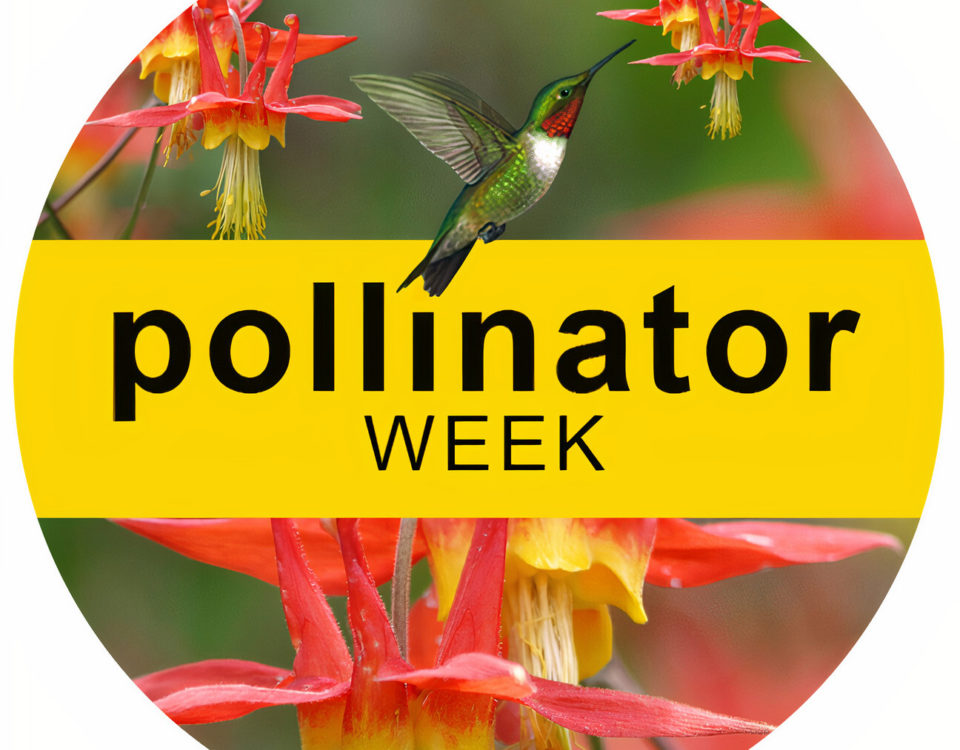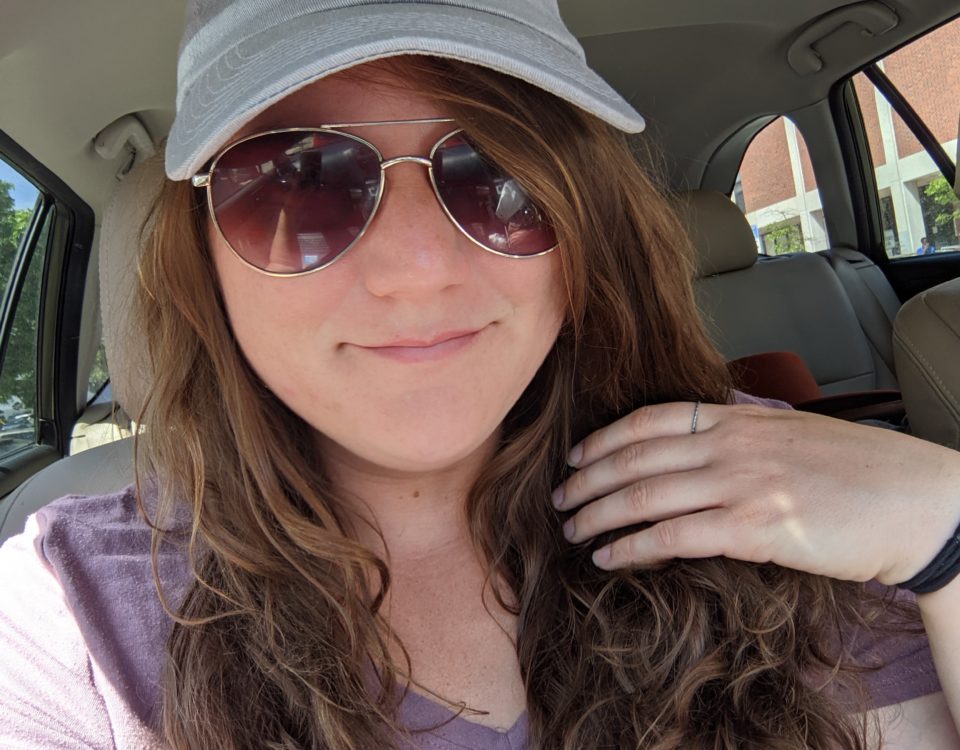- All-In-One Beekeeping for the Bees
- +1-608-728-8233
- info@beepods.com
Why Beekeeping Has Become So Popular And Why It’s Time You Jumped On The Bandwagon
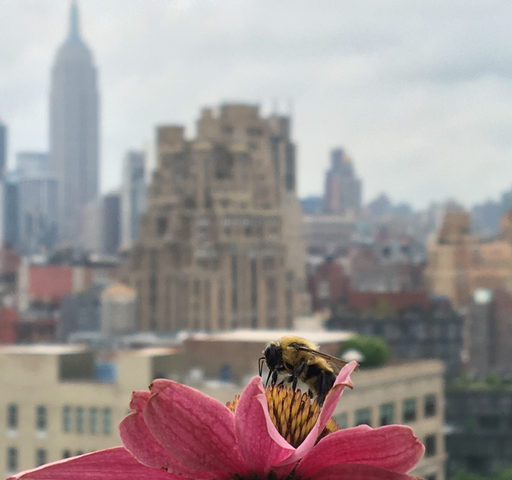
If you take a look around your neighborhood, local parks, farms, and cities, you may notice something you haven’t before: beehives. You may have also noticed that some of your friends and family have taken up beekeeping as well. But, why? What’s the deal with all the bees? There are multiple answers to that question, and if you’re considering becoming a beekeeper or even looking for more answers on pollinators in your community, then this is the blog for you.
The Decline
In 2008, scientists released data that Colony Collapse Disorder (CCD) had caused a 60% reduction in bee hive populations since the late 1940s. In the late 1940s there were an average of 6 million active bee hives around the country, and by 2008 there were only 2.4 million.
What’s causing the decline? The Four P’s: parasites, poor nutrition, pesticides, and pathogens. Throw in invasive species, habitat destruction, and climate change for good measure, too. Harsh pesticides are used on crops. When the bees pollinate those crops, they bring the pesticide back to the hive. This contaminates their food supply (and your honey!) and causes birth defects to new broods. Soon, there are no healthy bees to work the hive and the colony dies.
Commercial farming and development also destroys natural pollinator habitats and creates monocultures. Bees don’t have many options when it comes to building a hive, so they end up in the eaves of people’s homes, chimneys, barns, etc. They are also left with little variety in their diet and can no longer provide the nutrition needed to raise healthy brood. Parasites, like the Varroa Mite can decimate a bee colony – especially over winter.
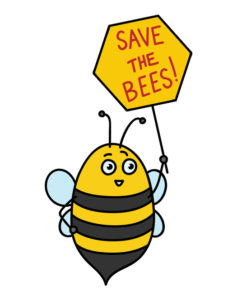
Luckily, when CCD was reported, a call went out to help save the bees, and people answered.
The Rise
Since the discovery of CCD, the rise in hobby beekeeping has boomed. Once people realized they didn’t need to own an entire apiary to become beekeepers, small hives were popping up all over the country, especially in urban areas. You are now just as likely to find a beehive on major city rooftops as you are in the backyards of hobby farms. While many worried that bees wouldn’t be able to find enough forage in urban areas, it was found out that urban bees are actually healthier. Many of the pesticides used on crops and monoculture areas tend to be in more rural environments. Urban bees feed on weeds, flower boxes, and herbs. Many urban areas have now begun planting pollinator gardens in vacant lots to help support their urban pollinators!
One of the more popular places that have seen urban beekeeping are restaurants. Many restaurants now have their own beehive to keep their vegetable and herb gardens healthy. If you’re looking for a local spot (near Beepods HQ), check out Braise. They have one of our Beepods on their rooftop! Enjoy an exquisite dining experience knowing you’re supporting bees.

Beepod on the roof of Braise
People have started hobby farming and urban beekeeping as a way to help the bees and found numerous other benefits along the way. While the rise of beekeeping has helped the bees, people have found that beekeeping has been beneficial for their mental well being and lifestyle. Beekeeping has been proven to be great for your mental health. Working with bees is calming and the amount of time spent outside is a great way to get some Vitamin D! Beekeepers also sell their honey, honey comb, and beeswax products for extra income. Consuming your bee’s honey is a great way to combat seasonal allergies and boost your immune system.
Ways To Help
If this has helped inspire you to become a beekeeper to help the bees, or maybe for your own health benefit, check out how Beepods can help you get started. We have plenty of resources and materials to help you become the best beekeeper for yourself and for your bees.
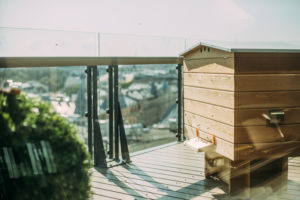
Other ways you can help bees:
Educate yourself on honey bee habits, food sources, and habitat. Knowing more about bees will help you understand and ease your fears about them. Oftentimes, people are concerned about bee stings when, in fact, bees sting less often than people expect. If you leave bees alone, they’ll leave you alone. Use this knowledge to help other people understand bees, too.
Plant a pollinator garden. There are dozens of herbs, vegetables, fruits, and flowers you can add to your garden to give bees a healthy amount of forage.
As spring approaches, it’s a great idea to plan out a pollinator garden. You can find educational materials and resources, including a hive and yard siting guide, to help you with your garden when you become a Beepods Lab member. Gain access to exclusive content that will help you be the best beekeeper you can bee!

Final Thoughts
So, why has there been such a big rise in beekeeping? People realized how important bees are and stepped up to help these little pollinators. While there is still a long way to go in ensuring bees can live long, healthy lives, it is encouraging to see so many people taking action to help the things that buzz.
https://www.bbc.com/news/uk-england-38227113
https://thebeeconservancy.org/10-ways-to-save-the-bees/
Monica Cull
Latest posts by Monica Cull (see all)
- How To Keep Your Bees Calm During An Inspection - June 30, 2021
- Pollinator Week: How COVID-19 And Modern Technology Have Impacted Bees - June 23, 2021
- Bee-Themed Activities You Can Do With Your Kids This Summer - June 17, 2021

